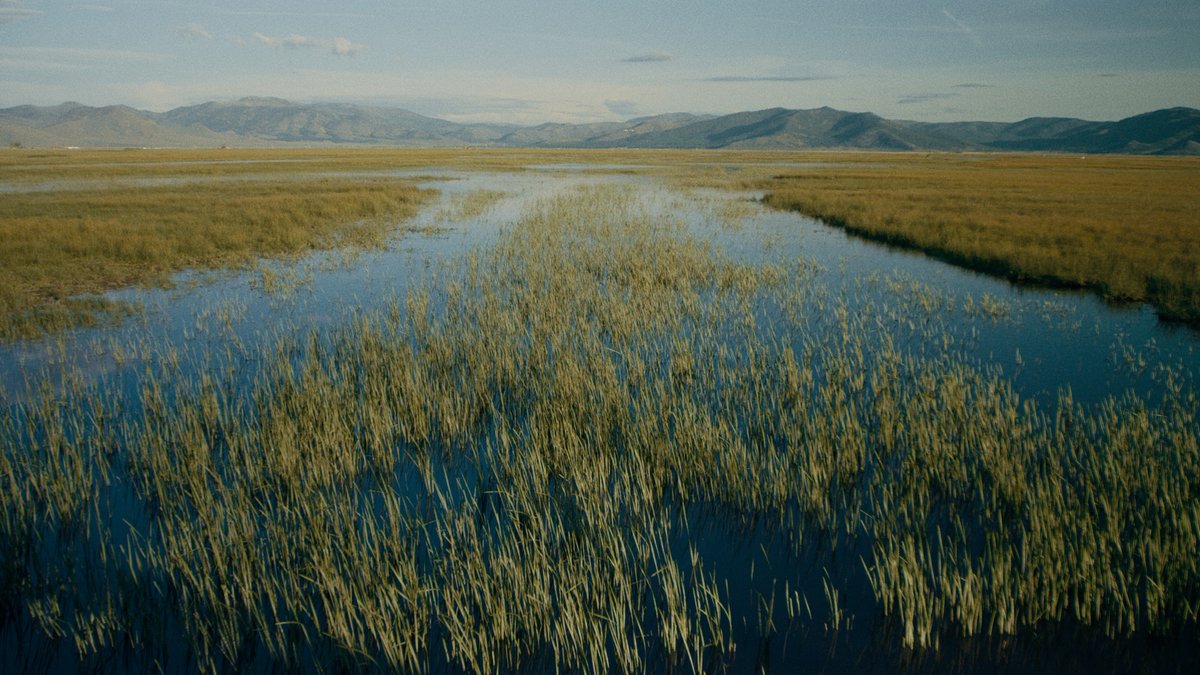NatureTrack Film Festival Goes Virtual
Third Annual Outdoors-Focused Event in Los Olivos Runs October 9 to 18

“It’s human nature to protect something if you love it, understand it, enjoy it,” says Sue Eisaguirre. “So if we excite people to get outdoors, then we’re doing our job and they’ll become, potentially, good stewards of our natural resources.”
This is part of why Eisaguirre created the NatureTrack Film Festival in 2018: No medium, she says, transports people beyond their seats and inspires them to get outside better than film.
Now in its third year, the festival was conceived to fund the NatureTrack Foundation, a nonprofit Eisaguirre founded in 2010 with the mission of connecting kids to the outdoors through docent-led field trips. After attending the Telluride Film Festival, Eisaguirre realized Los Olivos would be perfect for a similar event. “Plus, we’re right here at the gateway of the [Los Padres National] Forest,” she said. “So if they didn’t want to sit indoors the whole time to watch films, they could get out to hike with our docents.”
This year, of course, is different. COVID-19 bumped the festival from March to October and from in-person to virtual. Rescheduling and reformatting at the last minute, Eisaguirre said, required tremendous effort — as well as halving the all-access pass price to $100. “Yesterday, we had a field trip with little kindergartners from Lompoc, and when I arrived to meet them, one little guy said, ‘Why do you look like a grandma?’” she laughed. “So this has aged me.”
Despite its drawbacks, the virtual format allows the festival to reach more viewers; Eisaguirre expects this year’s audience, not just its films, to be truly international. She’s even considering a dual format, with both in-person and virtual options, for future years.
To contrast recent heat and wildfires, this year’s festival focuses on the theme of water. One example is The Beaver Believers, a 60-minute film detailing efforts to restore beavers to rivers across the northwestern United States. In addition to improving habitat, the film shows that beaver dams enhance an ecosystem’s capacity to store water — a crucial function for western landscapes suffering the water scarcity of climate change.
“The common apocalyptic, doom-and-gloom narrative — it’s not actually an effective way to bring about change,” director Sarah Koenigsberg said, explaining her strategy for the film’s tone. “You get a big reaction in the moment, but studies show that doesn’t inspire lasting action.”
To inspire viewers, Koenigsberg highlights Sherri Tippie, a Colorado hairdresser who live-traps and relocates beavers, alongside scientists in the film. “You don’t have to have a PhD to make a difference,” Koenigsberg explained. “You can be a normal person who sees something that’s wrong and figures out how to do something good!”
NatureTrack Film Festival runs October 9-18. See naturetrackfilmfestival.org.



